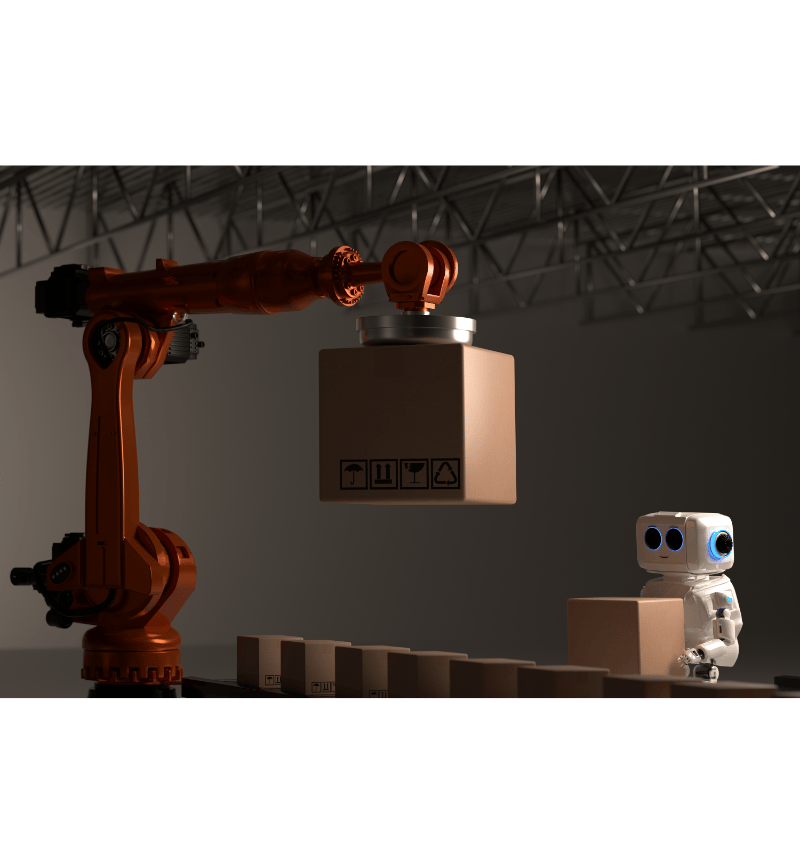The Future is Here: Constant Technology Upgradation and Its Impact on Society
Discover how the constant upgrade cycle of technology is redefining the concept of 'the future' in our rapidly changing world. Explore the parallels between the Fourth Industrial Revolution and past revolutions, and see how AI, blockchain, and the Internet of Things are reshaping society and norms. Embrace the future as it unfolds before us, and navigate the challenges and opportunities it brings. Read more in our thought-provoking opinion piece!
Future of Technology Desk
10/28/20233 min read


In a world where change is the only constant, the concept of "the future" is no longer a distant and abstract notion. We find ourselves living in an era defined by perpetual technological evolution, where the very idea of what the future holds is being radically transformed. As we witness this ongoing wave of innovation and constant technology upgradation, we are confronted with a world that bears little resemblance to the past. This technological juggernaut is redefining our understanding of the future, much like the industrial revolutions did in the past.
To comprehend the significance of our current situation, it's crucial to draw parallels between the past and present. The First Industrial Revolution, ignited by steam engines and mechanized production, brought about the transition from agrarian to industrial societies. It introduced new forms of labor, disrupted traditional norms, and reshaped communities. In a similar vein, our present era, often referred to as the Fourth Industrial Revolution, is driven by the fusion of digital, biological, and physical technologies. Artificial intelligence, robotics, blockchain, and the Internet of Things are the engines of this change.
What distinguishes this revolution from its predecessors is the pace of transformation. In the digital age, innovation occurs at an unprecedented velocity. New technologies emerge on a near-daily basis, rendering our previous conceptions of "the future" almost obsolete by the time we can grasp them. This constant state of flux means that our future is not an abstract, far-off destination; rather, it is a dynamic and ever-changing landscape that we must navigate in real time.
The perpetual upgrade cycle is most evident in the rise of artificial intelligence and automation. We now have machines capable of learning and adapting, automating repetitive tasks with astounding efficiency. While concerns about job displacement are valid, we also witness the birth of new industries and job roles, necessitating a flexible and adaptable workforce. The future of work is becoming increasingly decentralized, emphasizing the need for skills that can adapt to the ever-changing technological terrain.
Blockchain technology is another profound trend, promising to revolutionize industries such as finance and supply chain management. It offers a secure and transparent way to conduct transactions, potentially reducing fraud and streamlining complex processes. Cryptocurrencies, powered by blockchain, have the potential to redefine our monetary systems and financial interactions.
The Internet of Things (IoT) is weaving technology into the fabric of our daily lives. Smart homes, connected vehicles, and industrial sensors are the vanguard of this transformation. The IoT not only offers convenience but also has the potential to address critical issues like resource management and environmental sustainability.
However, this perpetual upgrading of technology is not without its challenges. Ethical dilemmas concerning privacy, data security, and responsible AI usage abound. Striking a balance between technological advancement and the safeguarding of individual rights and values is a critical and ongoing debate.
As the concept of "the future" undergoes this profound shift, it also brings about a reimagining of societal norms. Work is no longer tied to a single physical location, with remote work and flexible arrangements becoming increasingly prevalent. Education is being revolutionized through online learning and AI-driven personalized education. Questions of privacy and security push us to redefine the boundaries of what we are willing to share in exchange for the benefits of modern connectivity.
In conclusion, the future is no longer some distant horizon; it is here, constantly evolving and shaped by rapid technological progress. The present era mirrors the transformative power of the past industrial revolutions but with even greater speed and scope. To adapt to this new reality and harness its potential, we must embrace innovation, cultivate adaptable skills, and navigate the ethical challenges it presents. The future is no longer a destination but a journey, and it is our collective responsibility to ensure it leads to a better world for all.
(With AI Input)
Contacts
enquiry@economicnations.org
(xx) 98-11-937-xxx (On verification)
